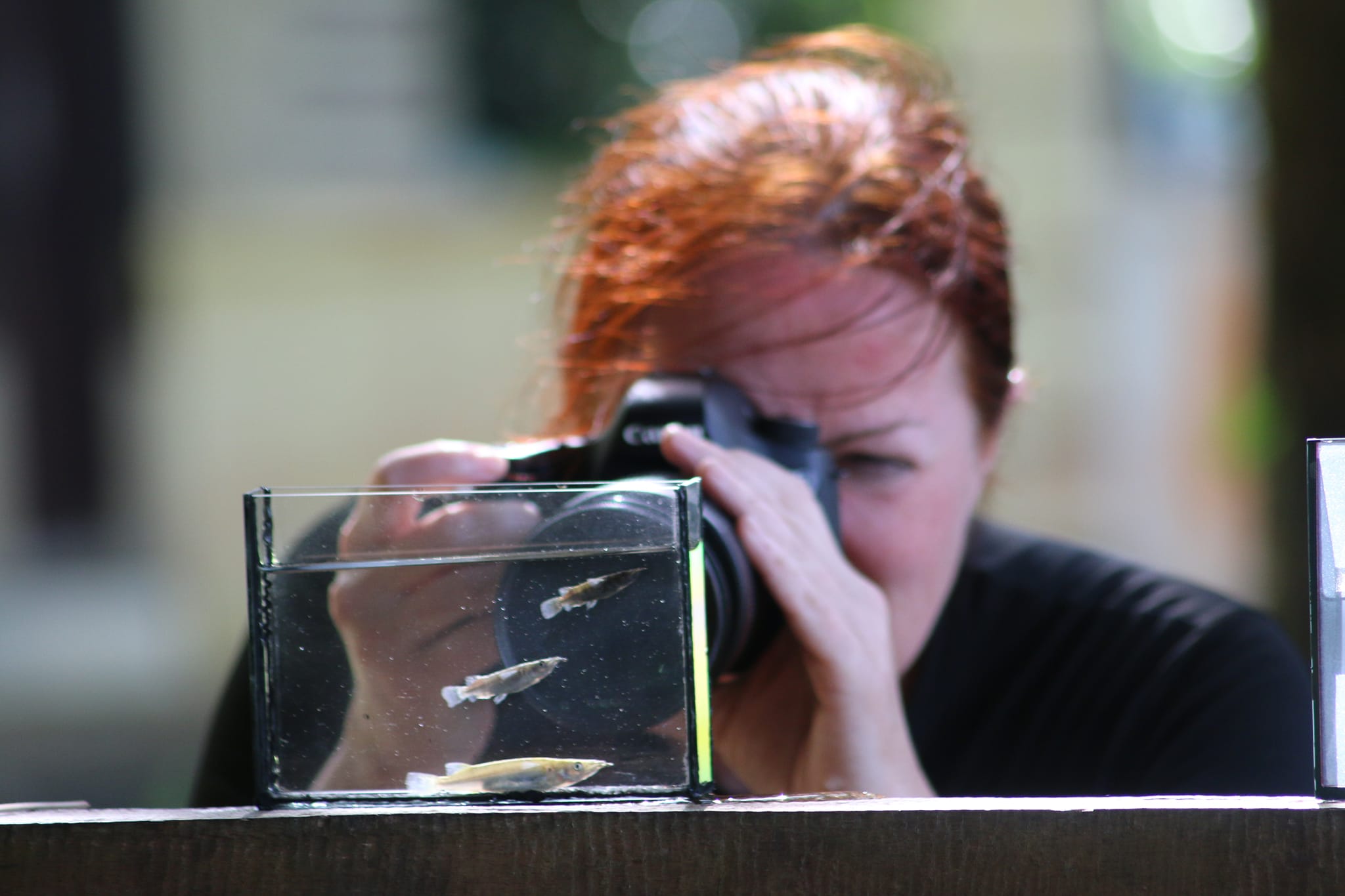A few days ago I returned from an 18-day trip to Sulawesi. The goal was to collect information about the current state of aquatic biotopes, establish closer relations with our local partners, observe well-known species in their natural environment, bring home a lot of photos and videos and, of course, see the beauty with my own eyes. Succeeded.
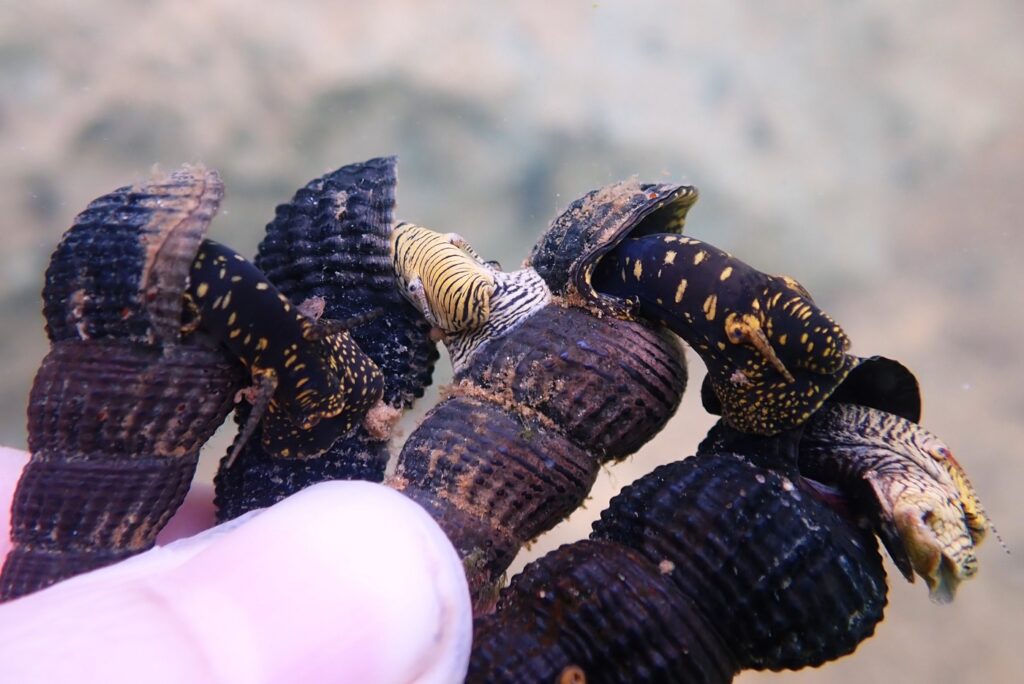
My great companions on the trip were aquarists Martin Hauskrecht (Slovakia) and Christian Reusch (Germany). Diky Dwiyanto (freshwater shrimp expert from Tadulako University, Palu, Sulawesi and also a member of the conservation NGO Celebica) accompanied us most of the way, Kurniawan P. Bandjolu (Mosintuwu Institut) joined us in the Poso Lake area. We invited in advance these young researchers to travel with us. We consider it important to deepen people's relationship with local biodiversity and also to get to know each other better. Driver Reza was an indispensable addition to the team. In the Malili Lakes area, Aspar and his friends Agus, Adit and Kadir were our excellent local guides. We could hardly find a better connoisseur of shrimp sites in Lakes Towuti and Matano.
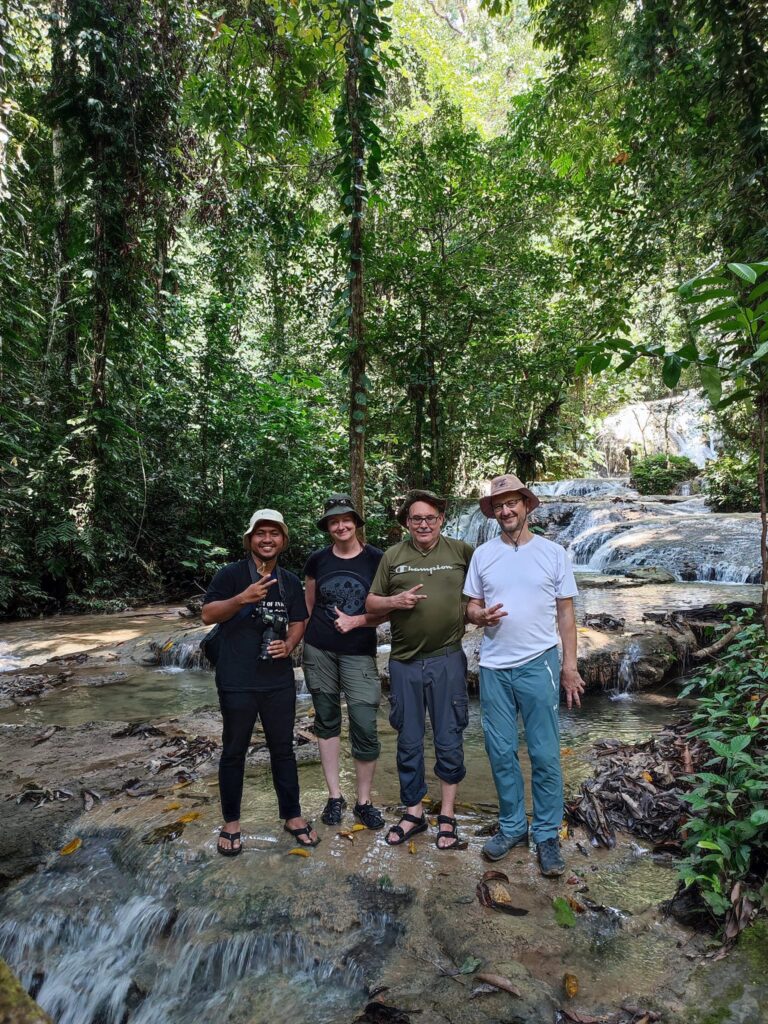
All these people deserve my huge thanks. We will continue to cooperate with Indonesian partners, we have agreed on areas where our interests clearly intersect. You will learn more about the specific plans later. For those who are curious, I will state straight away that not a penny was spent from the budget of Sulawesi Keepers – all the expenses of the trip, including our guests, were paid equally by me, Martin and Christian as private individuals. Thanks guys! That's how we personally supported local researchers and conservationists – and through Sulawesi Keepers, you can participate too.
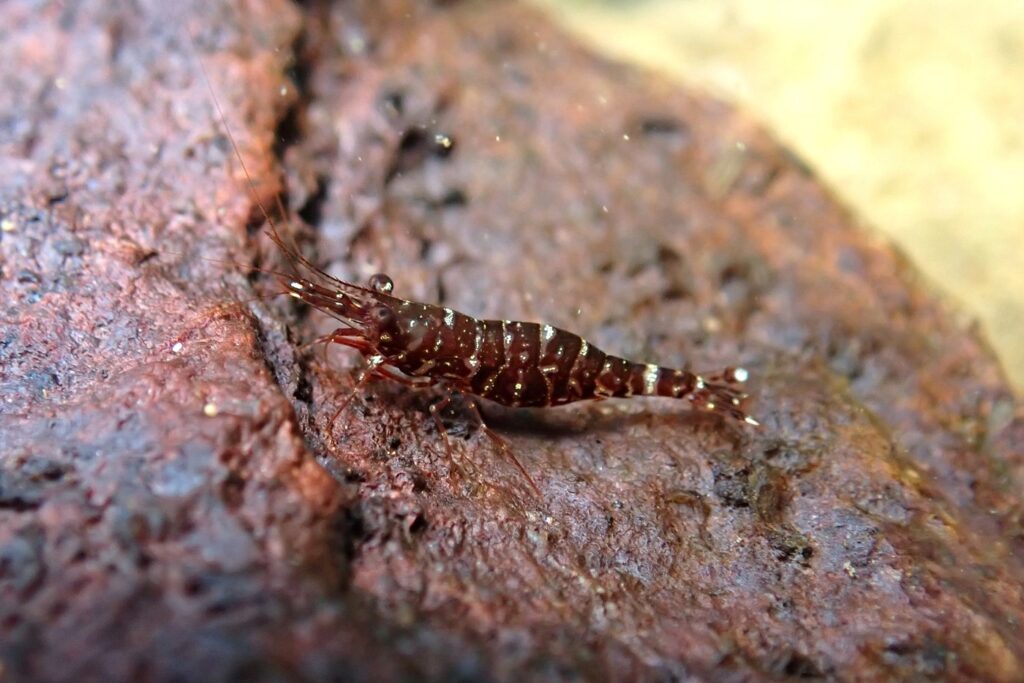
I will gradually process and share the huge amount of photos and other material. You have a lot to look forward to! In addition to lakes Towuti, Mahalona, Matano and Poso, we explored countless rivers and streams.
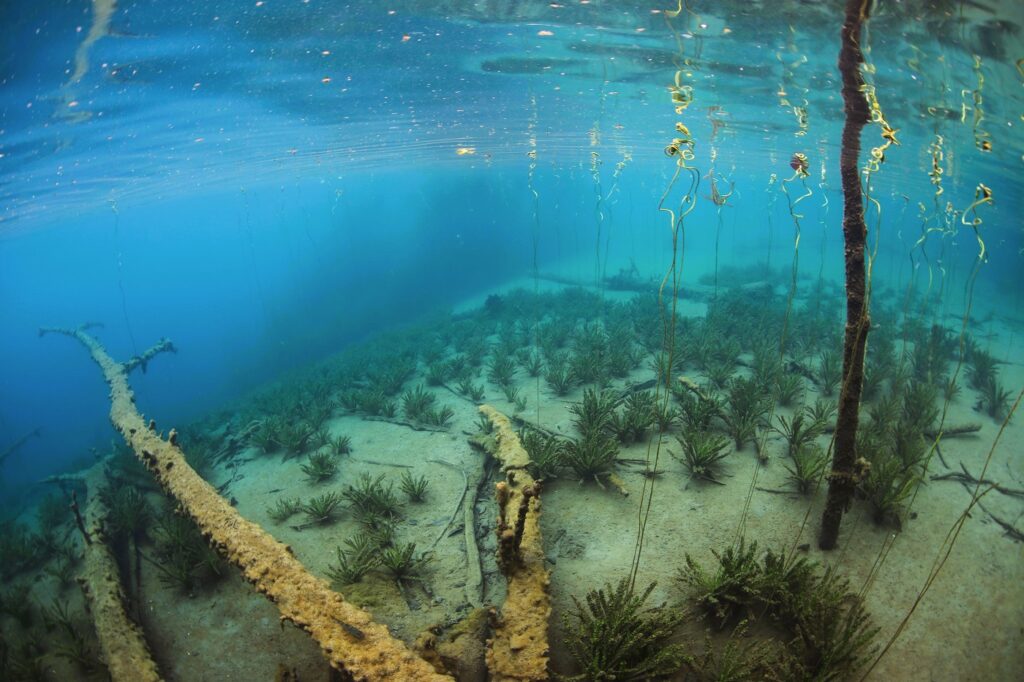
How would I summarize the trip in a few words? A snail paradise and a unique place on Earth – unfortunately with the curtain inexorably closing. I saw flowerhorns in action and it made me sad. But I still believe that we can do something about it. At the very least, learn how to breed endangered species successfully and in the long term – getting to know their natural environment is an irreplaceable basis. Mutual cooperation, support and exchange of knowledge and experience is how Sulawesi Keepers fight against species extinction.
Markéta Rejlková

